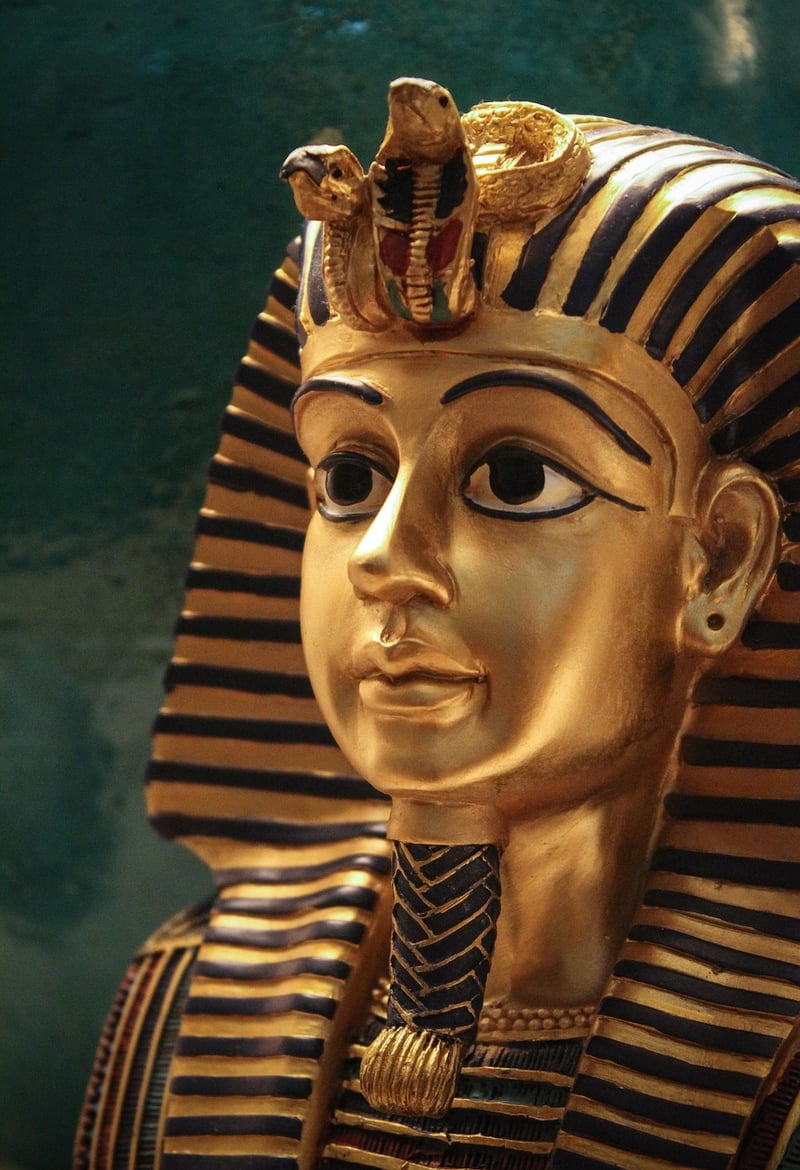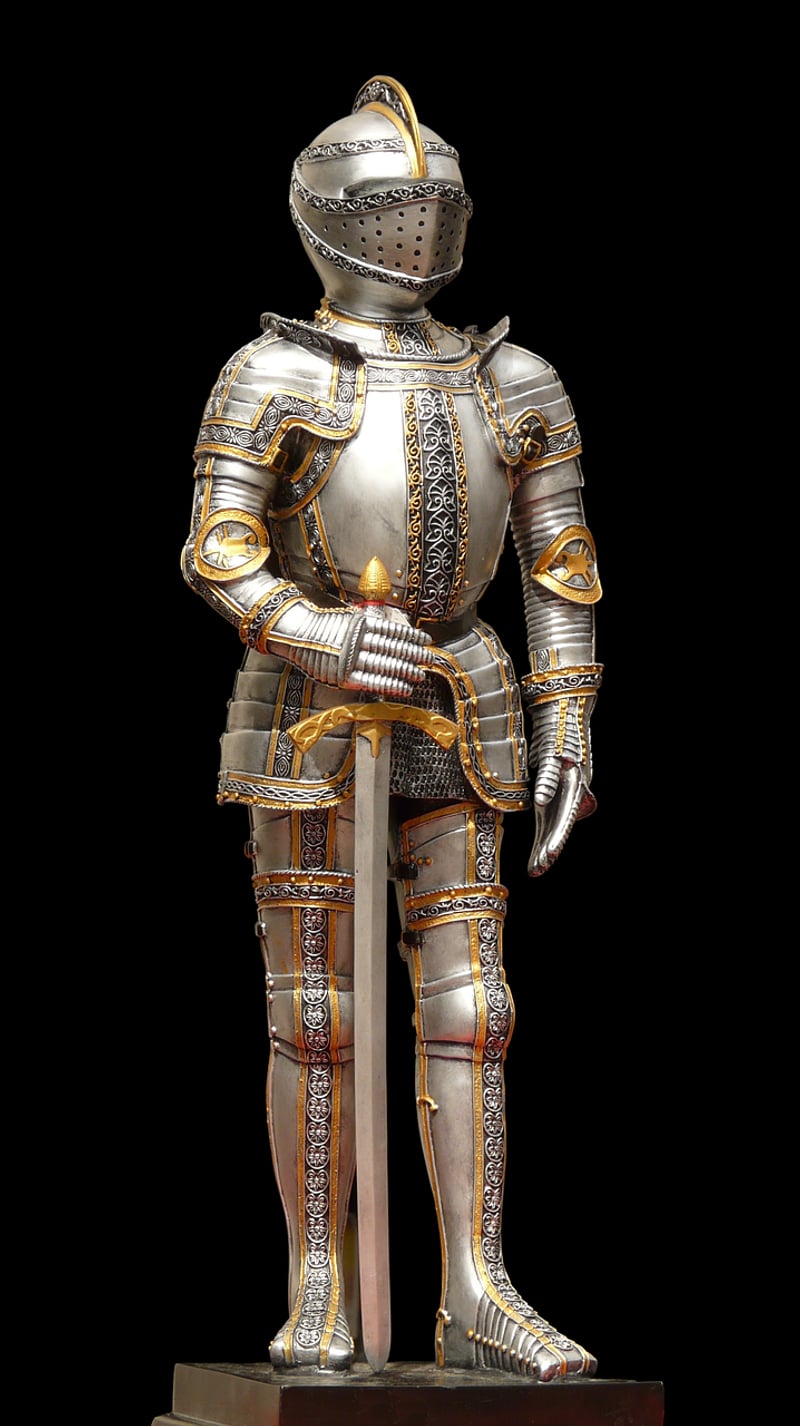Historical Etiquette
Guidance for Time Travelers: Historical Etiquette
Welcome, time traveler! As you journey through different eras, it's essential to understand the social customs and etiquette of the times you visit. By following these guidelines, you can navigate historical periods with grace and respect.
Ancient Egypt

In Ancient Egypt, courtesy and respect for authority were highly valued. When interacting with pharaohs or nobility, bowing or kneeling was customary. Remember to remove your shoes before entering sacred spaces and avoid making direct eye contact with those of higher status.
Victorian Era

During the Victorian era, proper manners were of utmost importance. Address individuals by their titles and last names, and always wait to be seated or served. Be mindful of your attire, as modesty and formality were key aspects of Victorian fashion.
Roaring Twenties

In the Roaring Twenties, social norms were more relaxed, but style was paramount. Embrace the fashion trends of the time, such as flapper dresses and sharp suits. When attending a speakeasy, be discreet and avoid drawing attention to yourself.
Medieval Times

In Medieval times, chivalry and honor were central to social interactions. If you encounter knights or royalty, show deference and use formal language. Participate in jousting tournaments or feasts, but remember to follow the rules of the court.
Final Thoughts
Remember, as a time traveler, you have the unique opportunity to experience different cultures and traditions firsthand. By respecting historical etiquette and customs, you can fully immerse yourself in each era and avoid unintentionally causing offense.
Safe travels on your temporal adventures!
